System implementations impact the whole organization, and people are at the heart of these changes. Over the past 40 years, FreeBalance has learned many lessons about the importance of Change Management in Government Resource Planning (GRP) implementations. While Project Management is responsible for delivering the system, Change Management manages the people-side of change that the system brings. To ensure success, FreeBalance advocates for the integration of Change Management with Project Management.
The implementation of an Integrated Financial Management Information System (IFMIS) such as the FreeBalance Accountability Suite™ goes beyond changing IT systems. It is a transformative undertaking that includes re-engineered processes, revised job roles, regulatory changes, and even possible organizational restructuring. The impact is not on technology, but on the people who use and operate the system. Managed change is crucial to build awareness, activate desire, transfer knowledge, and demonstrate ability and proficiency. This facilitates faster adoption and ultimate utilization of the system.
People are the end-users of every new system and preparing them for change is key to expedite the return on investment, shorten the lead time to achieve organizational benefits, align timelines, and avoid delays in project completion.
FreeBalance’s Approach
FreeBalance’s system implementations incorporate our ISO certified implementation methodology – A-i3+qM™. Having implemented systems in 25+ countries, we understand the resistance that these sorts of project face and have developed a proprietary methodology to build commitment and help government stakeholders to transitioning from their existing state to their desired future state. The A-i3+qM™ methodology integrates Project Management and Change Management and includes methods and toolsets based on the interplay of significant enablers called the 3Cs: Coordination, Communication, and Capacity Building.
Coordination
A robust coordination strategy is necessary to ensure success. FreeBalance implementations insist on government leadership within the Project Management Office (PMO) which promotes ownership of the transformation project. The governance structure for the PMO as well as the operation and maintenance of the new system is a must-have in the government, or at least at the leading institution. The adoption starts with the active and visible engagement of government executives as Project Sponsors, the identification of Change Champions, and the creation of a dedicated project management and operations team for change management support. These coordinating teams must be identified, roles and responsibilities defined, and programs and activities harmonized. Change Management Workshops are conducted for the teams to gather baseline information, map current with future state, assess impacts, and do strategic planning and direction setting.
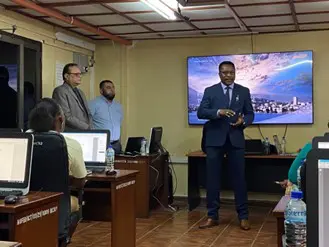
Communication
Inclusive communication strategies that are empowering, transparent and open to all are necessary to build awareness of and secure the desire for change. FreeBalance ensures that multiple communications channels and tactics are identified, packaged and implemented to deliver key messages. It is particularly important to ensure that the people who could make or break the implementation, and whose feedback is considered critical for success, fully understand the key objectives and messages for the project. The three main tiers of communication are:
- High-level sensitization for government executives and senior leaders
- Deep-dive workshops for people managers and supervisors
- System briefings with end-to-end demonstrations for all end-users.
Various programs and support materials are then provided to deliver and entrench change messages across the entire organization.
Capacity Building
Local capacity building is central to FreeBalance’s purpose-led approach, and our implementations therefore invest heavily in knowledge transfer and upskilling civil servants. The Change Management Teams, from both FreeBalance and Government, assist in the delivery of training sessions and the development of training materials. Our end goal is to make the government self-sufficient and the people proficient in operating, supporting, and sustaining the IFMIS. FreeBalance’s flagship Lead – Assist – Guide program includes familiarization sessions, training of trainers and end users, mentoring, and on-the-job training.
Higher Success Rates
All these change management-related programs and activities facilitate faster adoption of change. By building awareness of the new system and the changes it brings, creating the desire to engage and participate in the change process, providing the necessary knowledge and skills to implement the change, and making available all resources to support and sustain the change, FreeBalance’s implementations have achieved higher success rates than other Tier 1 ERP providers.
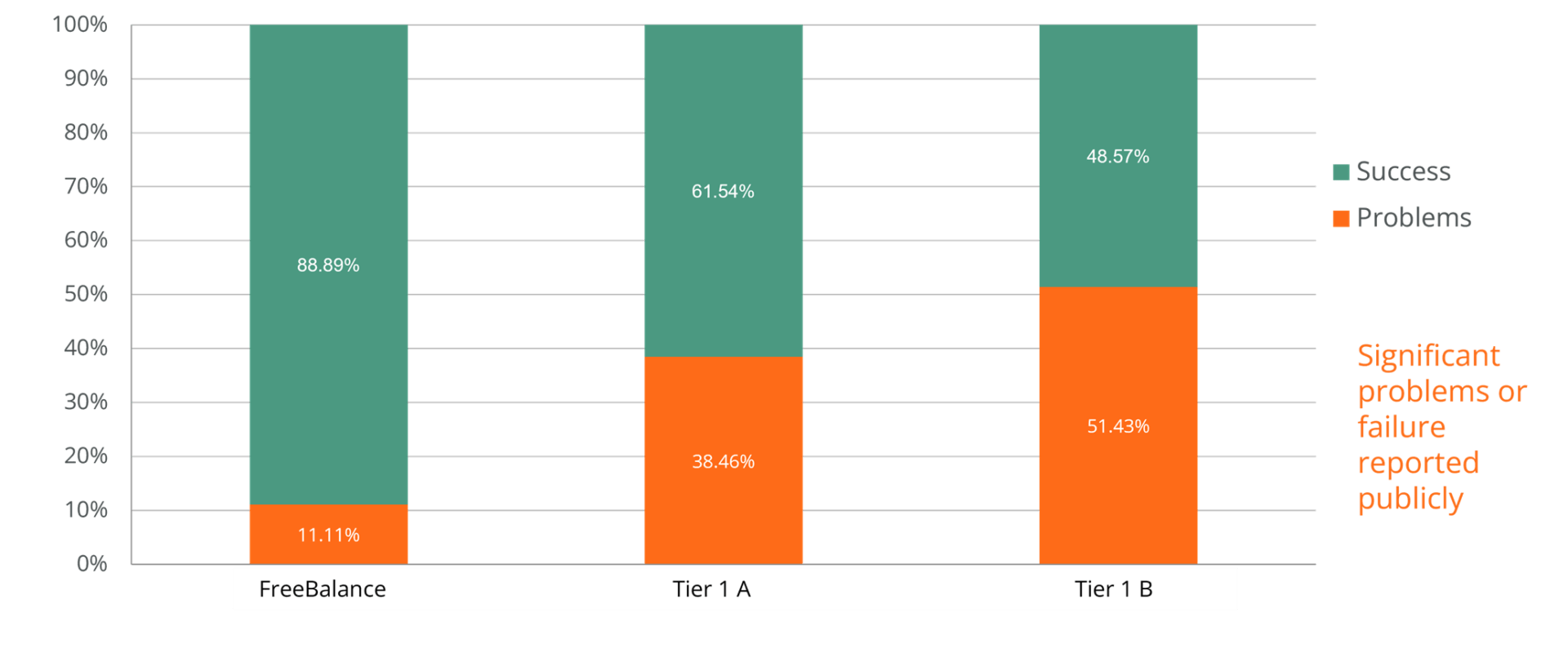
Examples of FreeBalance Change Management Projects
The FreeBalance Change Management methodology has been successfully implemented in numerous projects and upgrades including our most recent customer country, Tunisia, where the integration of project and change management at the outset is expected to strengthen coordination, build awareness, and pave the way for a smoother implementation.
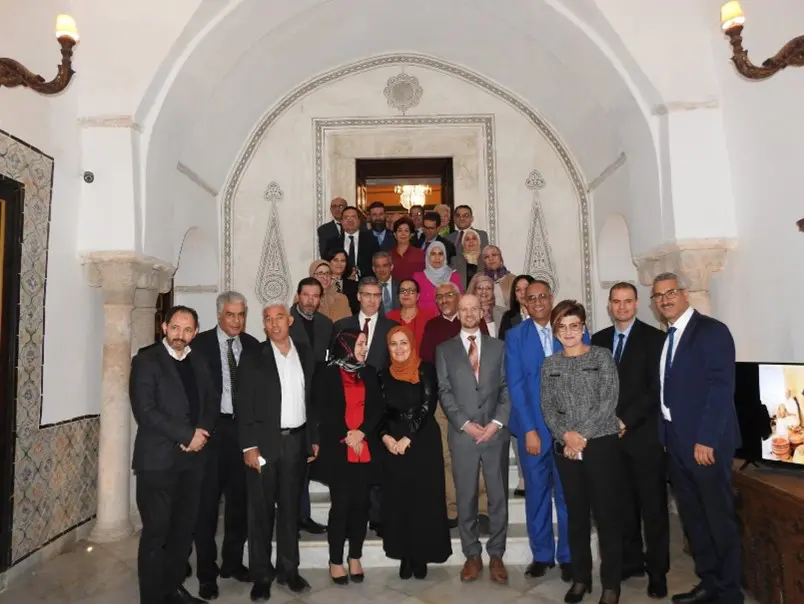
Government of Timor-Leste
FreeBalance first started working with the Government of Timor-Leste in 2000 and for the last 23 years, FreeBalance’s systems have been used across 80 Ministries, Departments and Agencies, representing four levels of hierarchy in the government. FreeBalance worked with the Government of Timor-Leste to establish a PFM Roadmap which involved a multi-year plan for the implementation and rollout of strategic goals and tactical plans for execution. This Roadmap utilized a phased progressive activation approach to facilitate the rolling out process to all Ministries and Departments. This approach provided the requisite time for training of the users and allowed for the ministry to sustainably support the system once live in production.

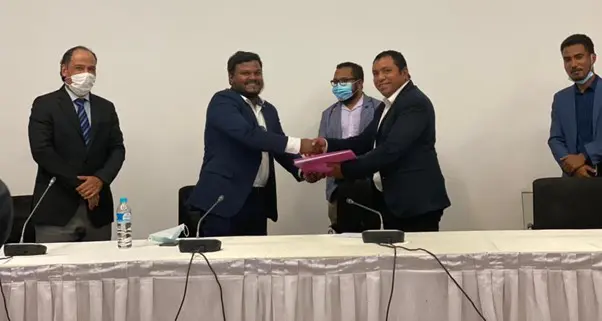
Trinidad and Tobago
In Trinidad and Tobago, the integration of change management and project management facilitated the rollout of the IFMIS, enabling 40 line ministries, agencies and departments to onboard the system within just five months.
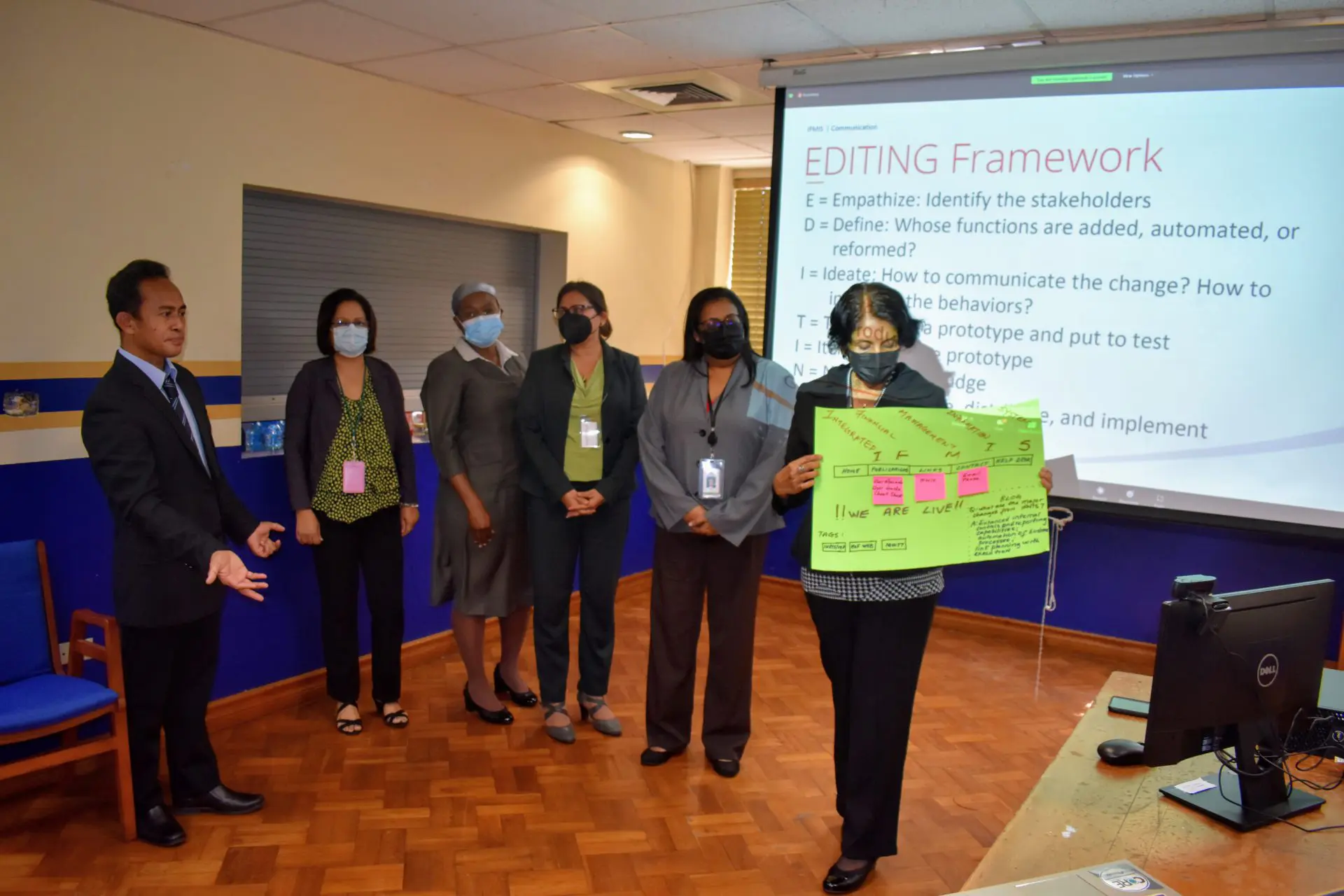
Conclusion
The FreeBalance Change Management approach is not limited to implementations or upgrades of the FreeBalance Accountability Suite™ and can be applied to any Public Financial Management (PFM) reform program. Assistance is available as a dedicated advisory service, as a component of project implementation, to help with entrenching the sustainability of a solution, or as a separate PFM reform initiative. Our qualified consultants and certified practitioners is committed to delivering quality organizational change management to any government.
Please get in touch to find out more